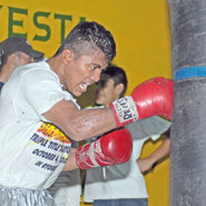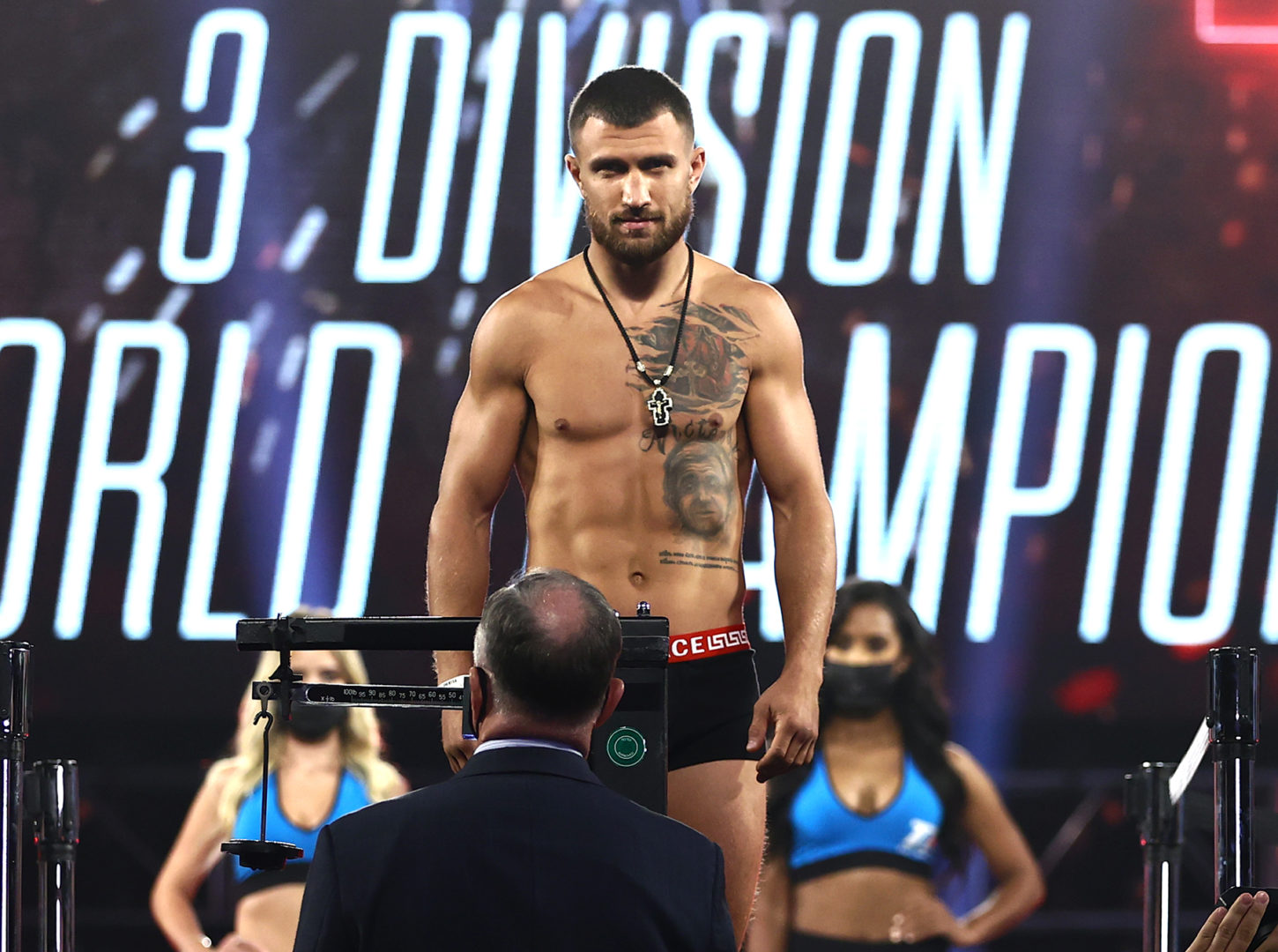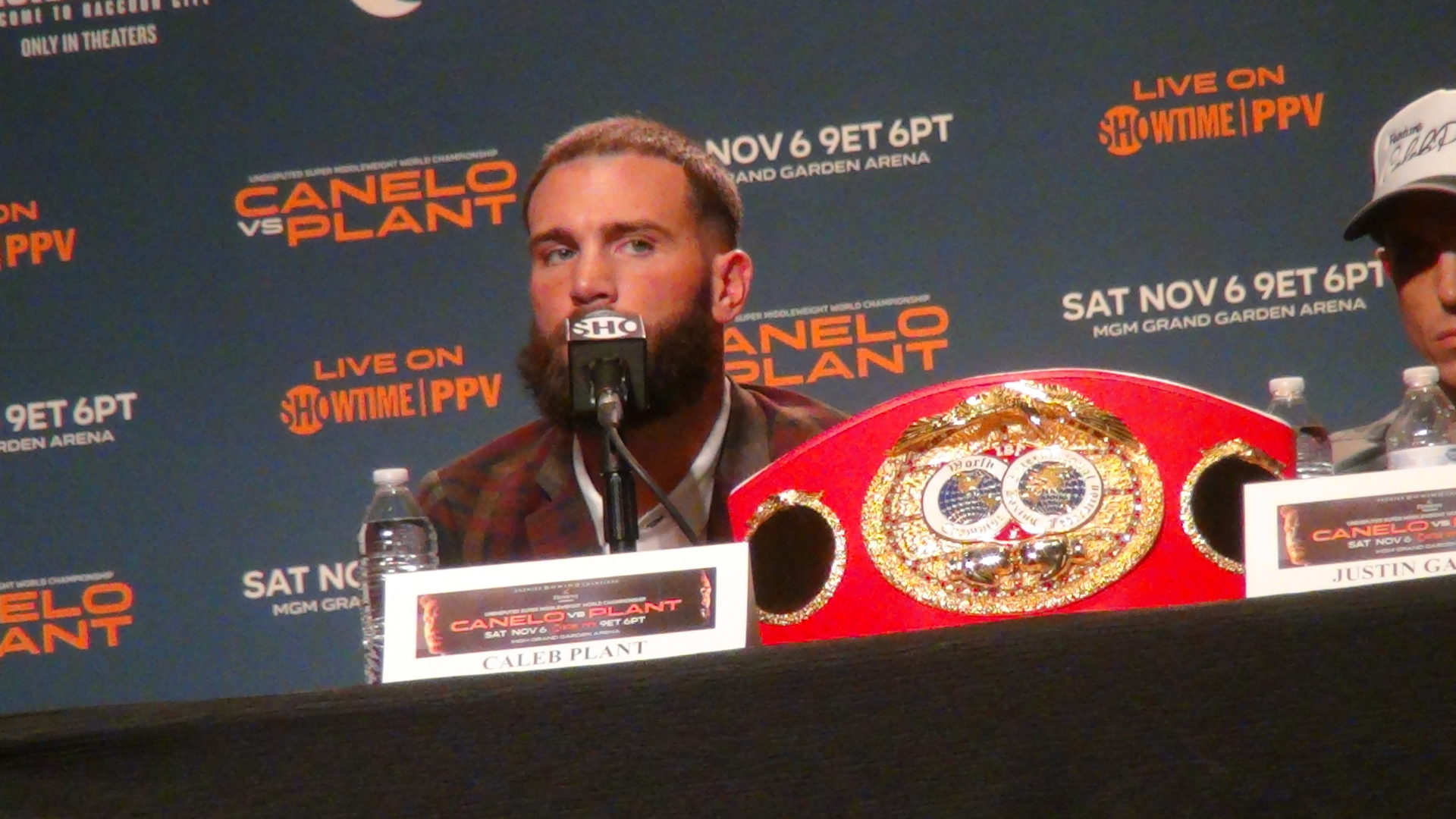By Bart Barry-

On Sept. 15, 2008, Roman “Chocolatito” Gonzalez defeated Japanese minimumweight world champion Yutaka Niida in Kanagawa, Japan, bringing Gonzalez’s first world title and Niida’s retirement. Whatever Niida expected in his eighth title defense did not include a career-ending fourth-round TKO in his hometown, right eye shut by Gonzalez left hooks and nose bleeding from all of it. What no one in attendance either expected was the pronounced disparity in size Gonzalez enjoyed; not all minimumweights are stitched from the same bolt, and as Gonzalez began to wing left-heavy combinations Niida’s reactions illustrated the physical disparity between the men – along with boxing’s standard optical illusion of the beater growing larger while the beaten shrinks quickly.
On the Nicaraguan telecast that evening was the late Alexis Arguello who praised Gonzalez’s tranquility above his other virtues and broke a selfimposed code of journalistic objectivity only after the match was stopped, whooping at his microphone “¡Viva Nicaragua!”
If winning a world title did not immediately improve Gonzalez by 20-percent, as lore says it should, his opponents didn’t know it and prepared for a fifth-better Gonzalez, especially Mexican Francisco Rosas who stood as Chocolatito’s first title challenger in a corner of Auditorio Guelaguetza five months later and at 105 pounds positioned beside a quite leggy Corona girl appeared more smurf than mature prizefighter. Like his country’s diminutive comedic genius Jose Rene Ruiz Martinez, beloved and feared as Tun Tun, Rosas took others’ opinions of his stature and turned himself spiteful over it. With none of Chocolatito’s handsomeness or charisma or physique – Rosas’ fatless midsection was broad as his arms were short – the Mexican brought a champion’s tally of spite with him in the ring and upon finding a subpar Gonzalez converted the match from athleticism to attrition and almost succeeded too.
Gonzalez’s first title defense was either a lesson in the economics of prizefighting or something worse and was not in Nicaragua but Mexico – Oaxaca, specifically, 5,000 feet higher than Chocolatito’s native Managua – and the difference told when Gonzalez’s mouth opened early and stayed that way. Chocolatito fought once in Nicaragua between his winning the title and defending it, but both the expectations and consequences were considerably lesser for that tilt than his Oaxaca match against a Oaxaqeño, and that was before food poisoning. Mexican altitude requires adjustment but its want of food inspectors requires much more, and while Chocolatito’s conditioning and craft might’ve overcome the altitudinal difference his inexperience with the Mexican craft of masking lost fish with spices served him well as a tourist should expect.
“I believe I outdid myself,” Gonzalez told La Prensa after his victory by split decision. “In the morning I ate eggs with beans, and at midday fish with potatoes and avocado. I don’t know, but I believe that food is what sent me to the toilet.
“Before the fight I emptied myself of the food, but just the same it gave me a strong pain. I had much fear because I felt I might soil myself in the fight.”
The diarrhea stilled for those 48 minutes but Gonzalez’s stomach did not, and he vomited in his corner between rounds and spit nausea’s salty offense off his tongue often as corner time allowed but showed naught to Rosas, and had the Mexican even a fractional inventory the champion’s maladies he’d have fought more fiercely than he did, even fiercely as he did, and he might well’ve stopped Chocolatito a halfdecade before Americans knew the Nicaraguan’s name.
Rabbited often and crumpled against a neutral turnbuckle while Rosas’ gumshield got replaced midway through their 12th round Gonzalez looked the picture of an underprepared athlete, one who mistook his attainment of a world title as an arrival at predestined showcases, but this was before the PBC: Gonzalez won his world title in a disappearing time when such an achievement marked a fighter more like a target than a corporate asset and Chocolatito knew it already and expected opponents to transcend themselves as Rosas did. Gonzalez was not the master Mexicans expected to take apart their man even as they swore they didn’t that night in Oaxaca but neither was he a lesson in the perils of illpreparation, contrary to Nicaraguan suspicions well-voiced by Enrique Armas, comentarista extraordinaria, imploring Gonzalez to remember his faith and country and raise himself higher than his obviously poor training camp prepared him to do.
Had Arguello been ringside with Armas that night he might’ve defended his prodigy protege but “El Flaco Explosivo” had demons of his own haunting him, and those demons may have been his countrymen, and Nicargua’s gentleman champion and sportsman ambassador would be dead of a gunshot to his chest in five months.
Tagged repeatedly by Rosas rights in the final rounds of his first defense Gonzalez ceded the bluemat uncharacteristically and wore an unlikely but appropriate look of apprehension while Mexican officials slowtallied their split-decision scorecards afterwards – a robbery narrowly averted, according to Armas, a robbery to shame Mexico for the ages. Gonzalez was gracious in victory but honest, too, speaking openly about his food poisoning and saying he would grant Rosas a rematch but not in Mexico. Mexican fans heard that as a concession to their man’s superiority of grit and execution and accused Gonzalez of inventing pretexts for his poor showing in Oaxaca.
Twenty months later Rosas got his rematch, this time in Japan, and Gonzalez was returned to Gonzalez, not his Oaxacan imposter, and Chocolatito belligerently dropped the Mexican thrice in round 2 and ended the rematch in its fifth minute – vindicated.
Bart Barry can be reached via Twitter @bartbarry





















